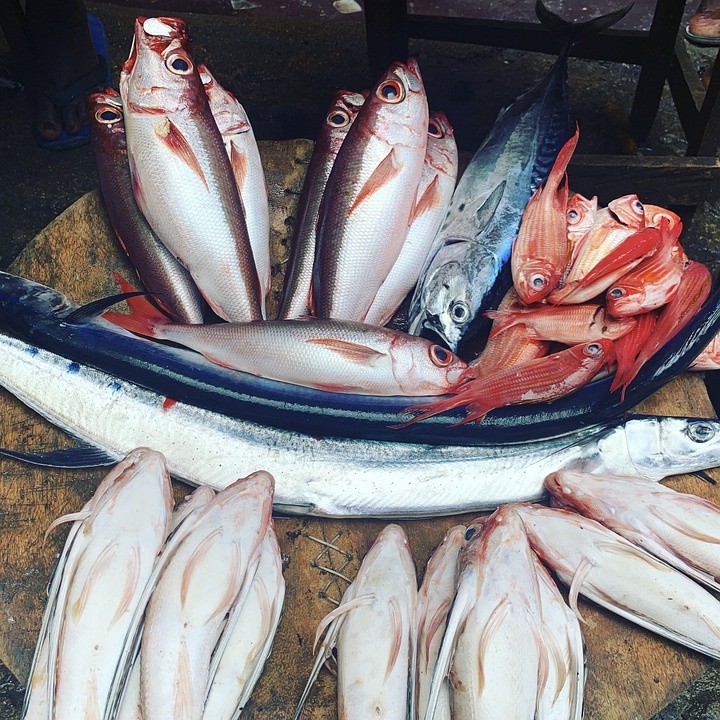
According to food inspectors and scientists, food is being laced with toxic chemicals by food sellers in sub-Saharan Africa to improve the appearance of fish and meat, putting millions of consumers at health risk.
The government has weak capacities for food testing, and together with informal supply chains for various kinds of food, little oversight occurs to regulate fishermen and traders, affording very little protection for the health of the unwary consuming public.
Serge-Claire Nkolo, Ministry of Livestock, Fisheries and Animal Industries departmental delegate and veterinary surgeon in Douala, Cameroon, said that Gamalin, a highly toxic insecticide, is used to catch fish. It is poured on the water, and in minutes, every aquatic life form dies and starts to float.
Douala Youpwe fish market smoked fish seller Patricia Ngono also relates that some women can avoid buying firewood by using leftover fabric and burning it for use in smoking fish.
Farm advisor Clément Polewa says wild meat also does not escape unsavory practices, because some hunters, especially those who are in the bush for many days, use formalin to preserve them. Formalin is used for embalming and preserving human bodies. Butchers also use the formalin to retard meat decomposition. Ngono said that formalin is applied on game to protect it until the hunters are back in the village. The US EPA labels formalin as a possible carcinogen, linking it to leukemia and nasal cavity cancers.
Addis Ababa University College of Natural Sciences food science and nutrition assistant professor Ashagrie Zewdu Woldegiorgis says that Ethiopian farmers use elevated amounts of formalin in preserving milk before selling them to factories. Farmers consider formalin as "milk medicine." Ongoing research by Woldegiorgis shows that milk contains levels of formalin that are dangerous to health.
United Nations Food and Agriculture Organization Food Safety and Quality Unit head Markus Lipp says using formalin is considered food fraud. Using it to preserve fish and meat is not prohibited everywhere.
Meanwhile, fruit vendors use phytosanitary products, such as gibberellin or ethrel, to accelerate fruit ripening or to make them appear perfectly ripe.
Ministry of Agriculture Quality Control Unit head Jean-Pierre Mba says this technique leads to dosages far above safe levels.
Woldegiorgis also says the use of sodium benzoate to preserve injera, the staple Ethiopian flatbread, has been abused, with unprofessional and illegal entities applying massive doses to prolong shelf life and increase profits, regardless of the detriment to human health.
Douala's University Institute of Technology's Raphaël Onguéné says this practice seems widespread, and Douala senior agricultural technician Guy-Merlin Wakam says resellers are mostly guilty of it. They treat fruits with gibberellin or ethrel so that they ripen in time for clients' orders.
Such practices negatively impact consumers. Researchers say fruit shelf-life extenders like formalin and some other chemicals have caused weakness, dizziness, ulcers, skin disease, heart disease, cancer, kidney failure, and lung failure.
To avoid such foods, Polewa says that if one sees a bunch of plantain or bananas with individual fruits having the same maturity level, it is likely they are dosed with chemicals. According to Polewa, naturally ripened bananas mature individually and will never be uniformly ripe.
Nkolo says if meat being sold does not attract any fly at all, it isn't good quality. Typical meat will always have flies buzzing and hovering over it.
Wakam says one solution to the problem is to impose stronger regulations on selling controlled chemicals.
© 2025 NatureWorldNews.com All rights reserved. Do not reproduce without permission.





